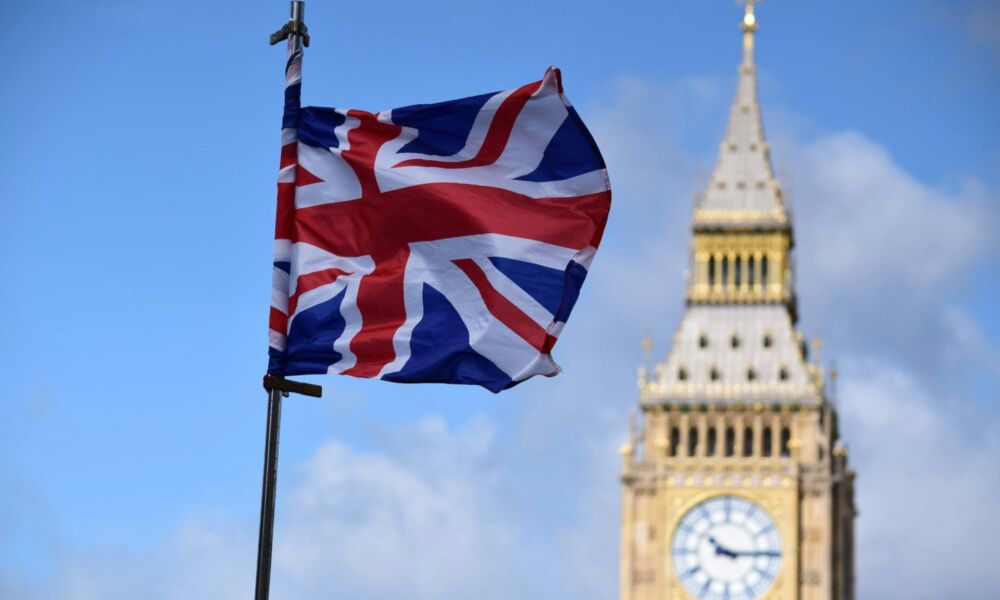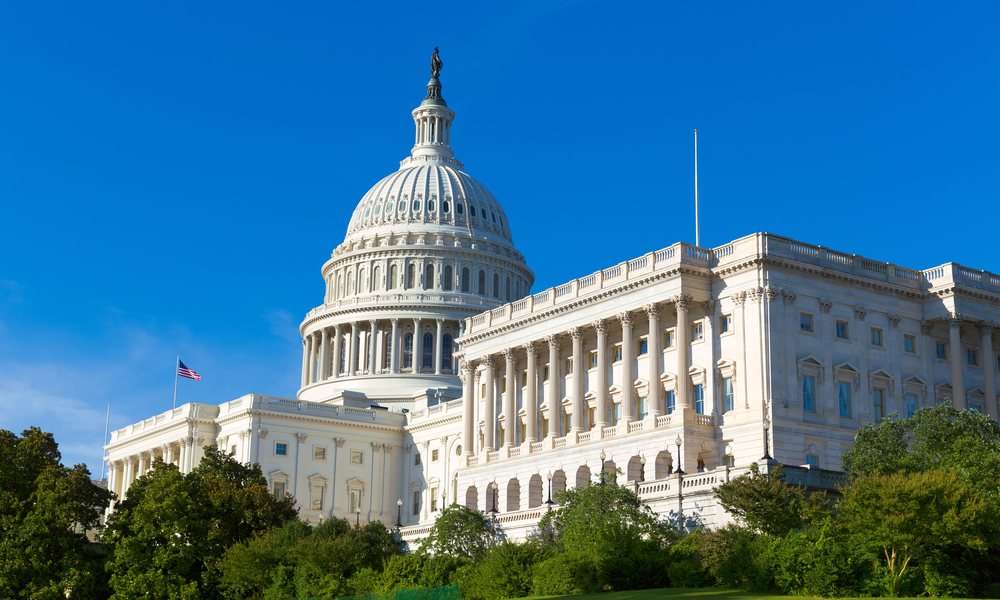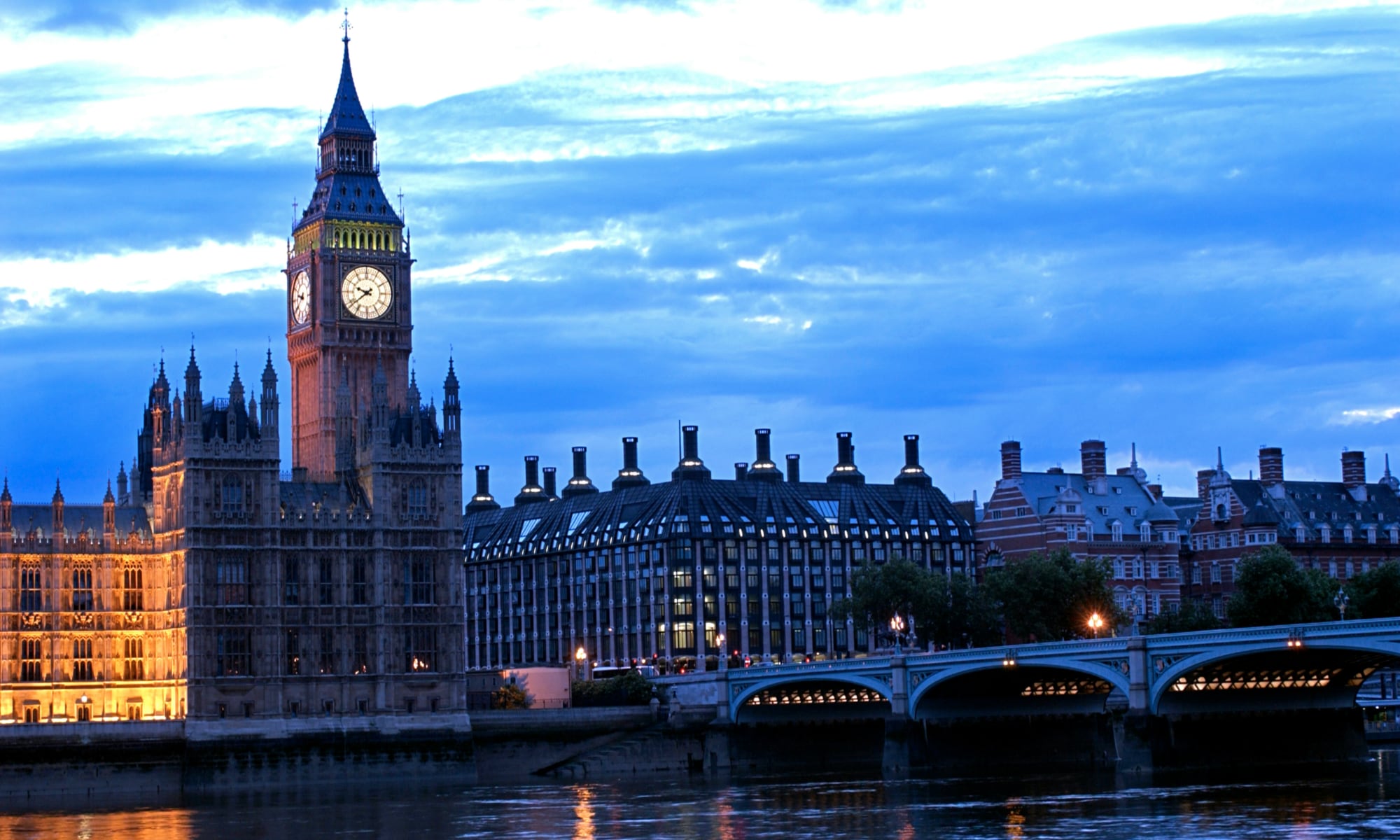UK May Blink First in Encryption Standoff with Apple
 Oskar M?odzi?ski
Oskar M?odzi?ski
Toggle Dark Mode
Lawmakers in the United Kingdom have been pushing legislation for years to force tech companies to create ways to allow law enforcement to snoop on private, encrypted conversations. Apple, other tech companies, and civil liberties groups have vociferously opposed such ideas, but that hasn’t stopped UK regulators from coming up with even more aggressive and extreme proposals.
In 2023, the UK government proposed changes to the UK’s Investigatory Powers Act that would require messaging services to have all security features approved by the Home Office before they could be released to customers. The Home Office could demand that features like encryption be disabled or require the installation of backdoors to allow law enforcement to intercept private communications. This would slow down Apple’s software updates, as every iOS patch would have to be pre-approved by UK officials before it could be distributed. However, the worst part is that it would all be done in secret, without informing the public.
The Home Office claimed the Investigatory Powers Act was designed to “protect the public from criminals, child sex abusers and terrorists.” Apple called it “a serious and direct threat to data security and information privacy,” which would weaken its products for all users globally, not just those in the UK. It made it clear that if the UK were to proceed with this ill-advised plan, it would remove its encrypted messaging services from the country entirely rather than comply.
UK officials seemed to back down and became quiet for a while after that. However, in a classic “hold my beer” move, the UK ultimately doubled down with an even more insane level of overreach: It issued a secret order that required Apple to provide backdoor access to all content stored in iCloud for any user in the world — not just those in the UK.
The secret order took the form of what is called a “technical capability notice,” issued by the UK Home Office under the Investigatory Powers Act, which makes it a criminal offense for Apple to disclose that it received such a demand from the UK government. In other words, Apple was being ordered to break its encryption to allow officials in the UK to access the data of any iCloud user worldwide, without the ability to inform anyone that it had received this order.
The only reason we know about it is that it was leaked to The Washington Post, which was more than happy to publish a full report on it. That also created a furor among US lawmakers, who naturally balked at the idea of the UK Home Office encroaching on the rights of US citizens. They insisted that National Intelligence Director Tulsi Gabbard refuse further intelligence cooperation should the UK proceed.
Naturally, Apple also appealed the order, although that appeal occurs within a secret court (remember, the UK’s first rule of technical capability notices is that you don’t talk about technical capability notices). However, US Congress sent a bipartisan letter to the head of the UK’s Investigatory Powers Tribunal insisting that they “remove the cloak of secrecy related to notices given to American technology companies by the United Kingdom.”
Since Apple isn’t allowed to delay compliance even while it appeals, it chose to turn off end-to-end iCloud encryption in the UK, both as a form of protest and a way to avoid giving its customers a false sense of security.
While the veil of secrecy hasn’t been lifted from the tribunal, it does appear that UK officials have decided that discretion is the better part of valor. According to the Financial Times, senior UK officials, fearing the wrath of the White House, are now looking for ways to extricate their government from this situation without losing too much face.
“Two senior British officials” have told the Financial Times that the Home Office will “probably have to retreat in the face of pressure from senior leaders in Washington.”
“This is something that the vice-president [JD Vance] is very annoyed about and which needs to be resolved,” said one official in the UK’s technology department. Top officials in the Trump administration have expressed the President’s displeasure with the UK’s decision to force Apple to break its encryption “multiple times,” and it’s putting technology agreements between the two companies in jeopardy.
It’s a big red line in the US — they don’t want us messing with their tech companies.
Senior UK government official speaking with the Financial Times
One of UK Prime Minister Sir Keir Starmer’s trade priorities is working with the US on digital goals, including AI and data partnerships. One of the officials says that the Home Office now has “its back against the wall,” and is “working on a way around it now,” which seemingly translates to trying to figure out a way to back down without looking like it’s backing down.
Nevertheless, the Home Office hasn’t stopped pursuing its case against Apple, and its lawyers are already discussing the next legal steps on how to proceed best to force Apple to give it the back doors it’s demanding in the name of fighting terrorism and child sexual abuse. Meanwhile, WhatsApp has joined the fray to support Apple, since there’s little doubt that if the Home Office succeeds in bending Apple to its will, Meta’s platforms will be next on the firing line.









